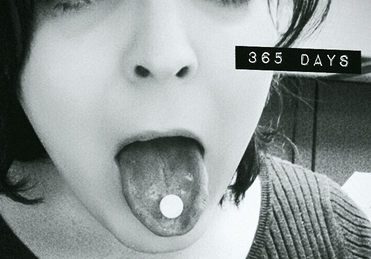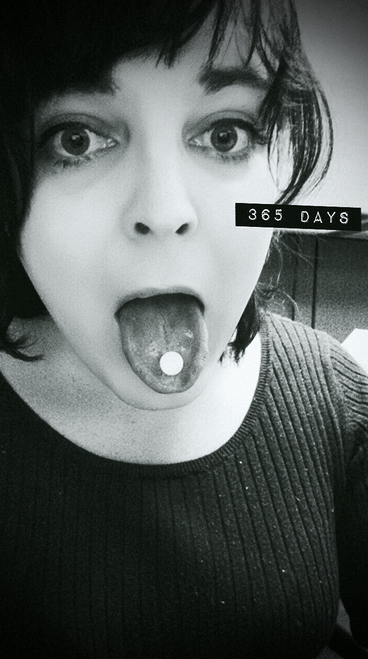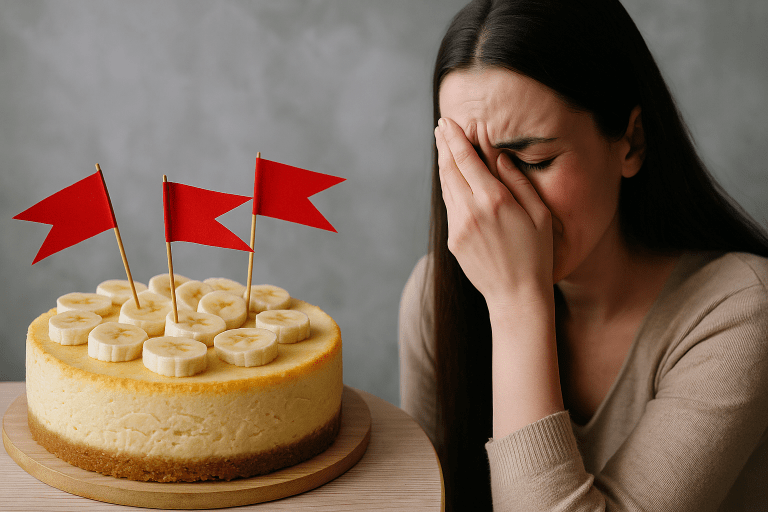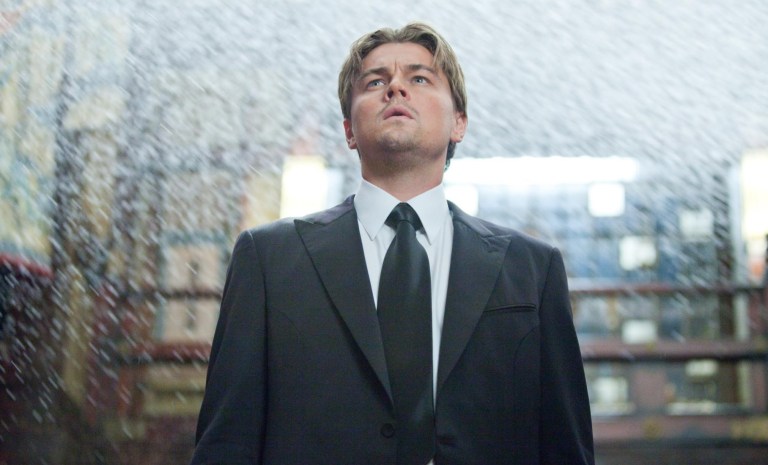
365 Days of Change: My Year On Hormone Replacement Therapy
Thinking back on that day, it’s easy to dismiss its importance; easy to chalk it up as just being another “one foot in front of the other” type of fall morning. To me, though, it was a day that changed my life.
It was a Thursday morning. I’d been awake since 3:30am, unable to rest my head, unable to calm the nerves in my stomach, unable to get back to sleep. What if I’m not healthy enough? What if something was wrong with my blood work? My mind raced, playing out worst case scenarios. What if I fall back asleep, sleep through my alarm, miss my appointment and have to start the process over again!?
To put it lightly, I was excited. 
The morning would consist of two appointments, spaced an hour apart. In the first, a basic psychological profile would be performed. I nervously answered the questions, afraid that one wrong statement would get me denied the care I’d hoped to receive later that morning.
That appointment concluded after only 20 minutes. I found myself people-watching in the waiting room. Catching myself, I looked down at my phone, trying to type out a few quick Facebook posts prior to being called back for the appointment.
Called to the back, a member of the clinic staff took my vitals, noting that my blood pressure seemed a hair on the high side, but that could be the result of nerves or excitement.
“What brings you in here today?”, the man asked.
“I’m, um, uh, I’mhopingtostarthormonereplacementtherapytoday,” I rambled.
“Neat,” he said, leaving the room. “Jessica will be in with you in a minute.”
In walked Jessica, a woman around my age, with straight brown hair and a big smile.
“How excited are you!?” she asked, continuing to smile, putting me only slightly more at ease than I’d been all morning.
“Yes…. very… I’m so excited,” I managed to squeak out.
“Your blood work came back completely normal. Your evaluation looks fine. If you want, we can get you started on hormones today. Do you have any preference to method?”
I hadn’t given much thought to the particular method I wanted to take my hormones. As long as the results were going to be the same, I’d take whatever she prescribed. After a brief discussion, she and I landed on the idea of injectable estradiol and oral spironolactone. The once a week injection would work to increase my body’s estrogen levels while the twice daily spironolactone worked to reduce my body’s testosterone.
Jessica ran through a list of “what to expect” items the clinic required her to cover: breast growth, softer skin, rounding of the face, the stoppage/slight reversal of any male pattern baldness, changes in mood, changes in appetite, a reduction in body hair. The “what not to expect” list was flat-out hilarious: no, I will never be able to become pregnant, my hips wouldn’t flare out, my shoulders would never narrow, my facial hair wouldn’t go away on its own (that would need to be done through electrolysis or laser hair removal). None of this was news to me. Going into the appointment, I’d already researched the effects of hormone replacement therapy more thoroughly than I’d ever researched another topic in my life.
After being led to a different room, a male nurse entered. Using a small, flesh-tone prosthetic, he walked me through the steps I’d need to follow on a weekly basis. Did I have it in me to jab myself in the thigh, through the skin, into a muscle? Needles and blood always freaked me out.
Moments later, wincing, I pushed down on the plunger, stuck in my left thigh, as I watched 0.25 mL of estradiol-rich fluid evacuate the syringe, finding a new home in my body.
I felt excited. I felt reborn. Finally, my body was armed with the chemicals it needed to fight back against the further masculinization of my physical form. Finally, my body would begin to chemically mimic that of a girl entering puberty. This is how it should have been all along, and finally it was going to happen.
A year later, reflecting on that day, I’m absolutely astonished by the changes that have occurred, physically, mentally, and socially. While I certainly do appreciate the physical changes like the growth of my breasts and the change in the shape of my face, it was really the emotional/mental changes that had the biggest impact on my own life. No longer did I feel as though my brain was steeped in a fog of dissonance. Whereas I used to drown my problems in alcohol, I found myself feeling less of a compulsion to drink. Thoughts of suicide and futility faded out, as feelings of hope and ambition took their place.
This isn’t to say the past year of my life has been a walk in the park (it hasn’t), but rather, the rewards were worth the challenges I had to overcome to get here. ![]()











